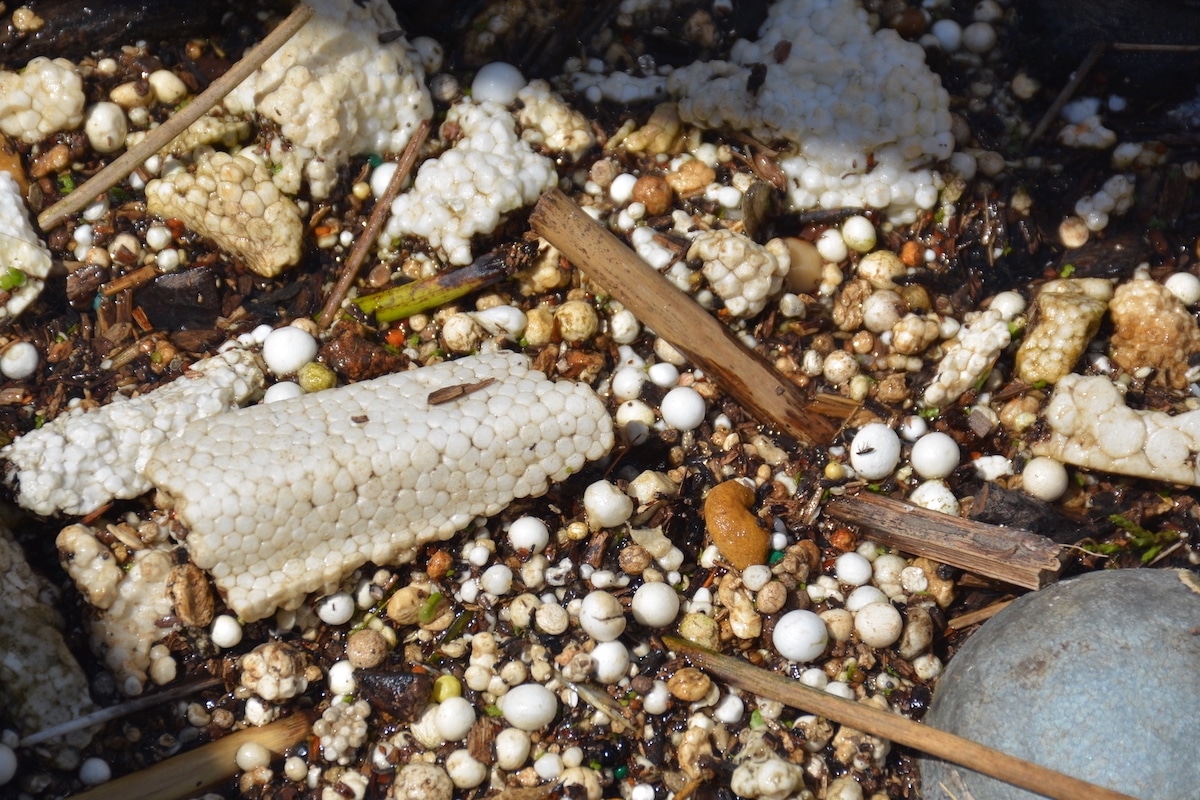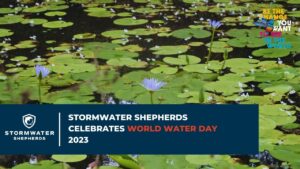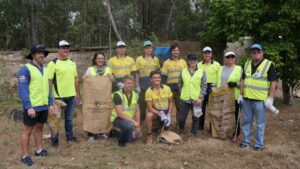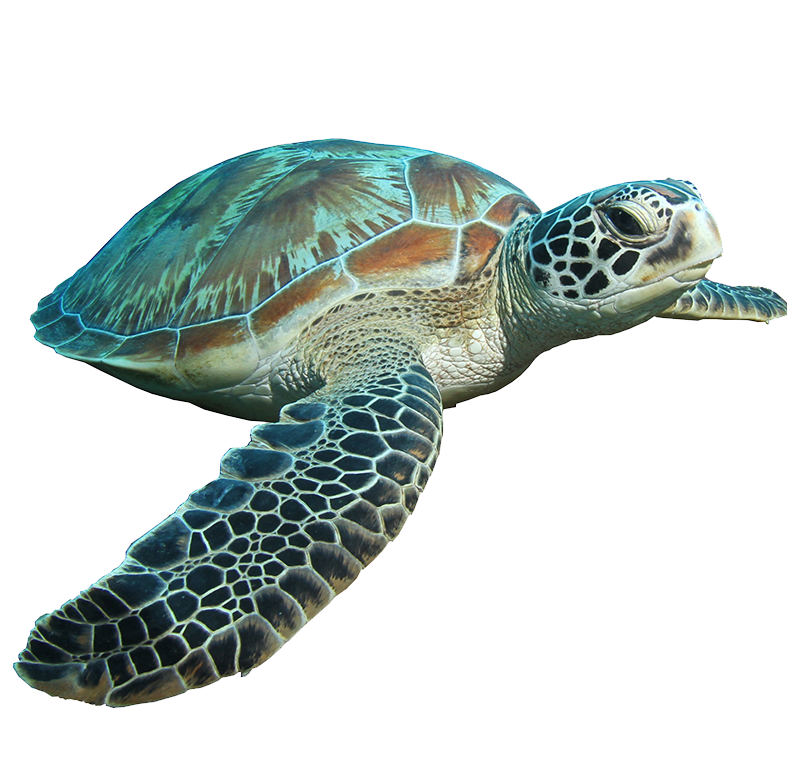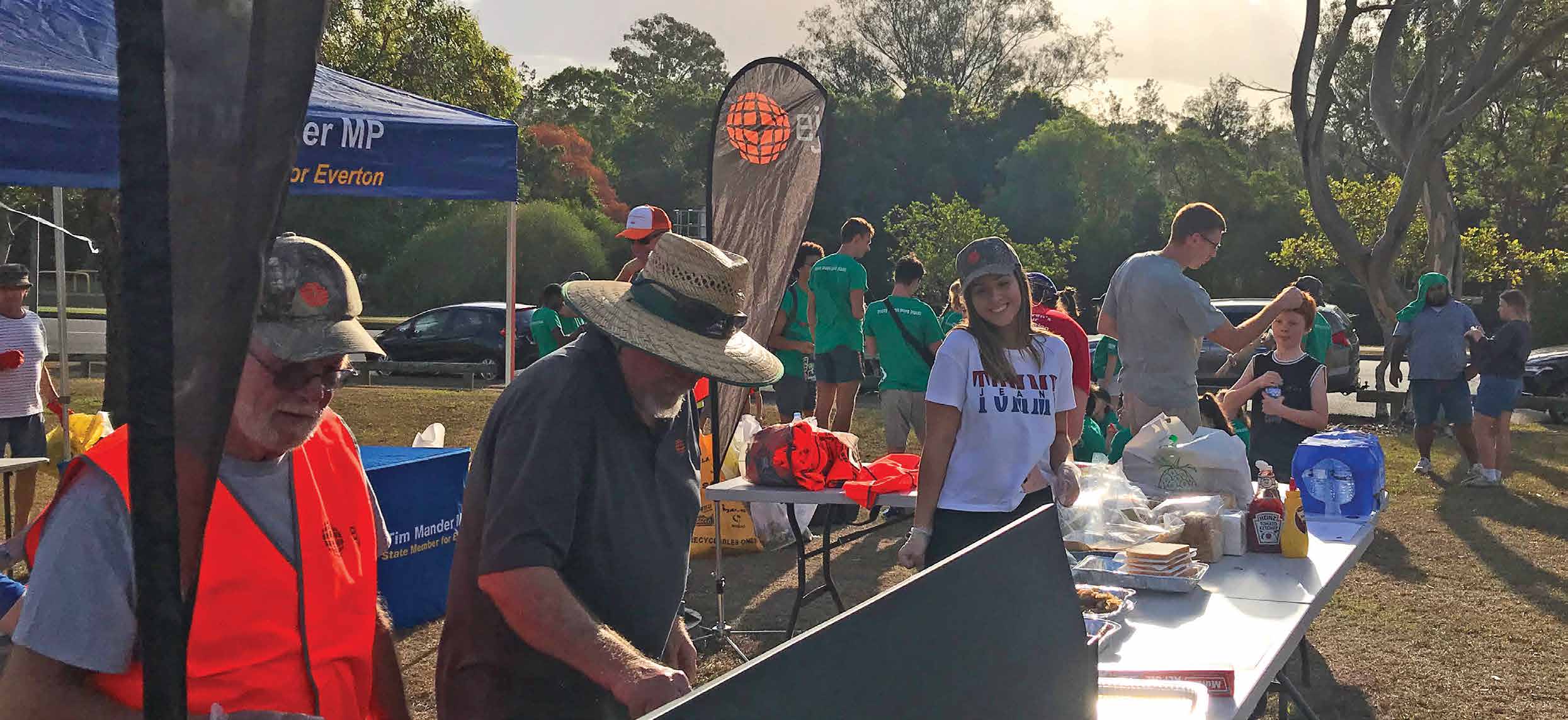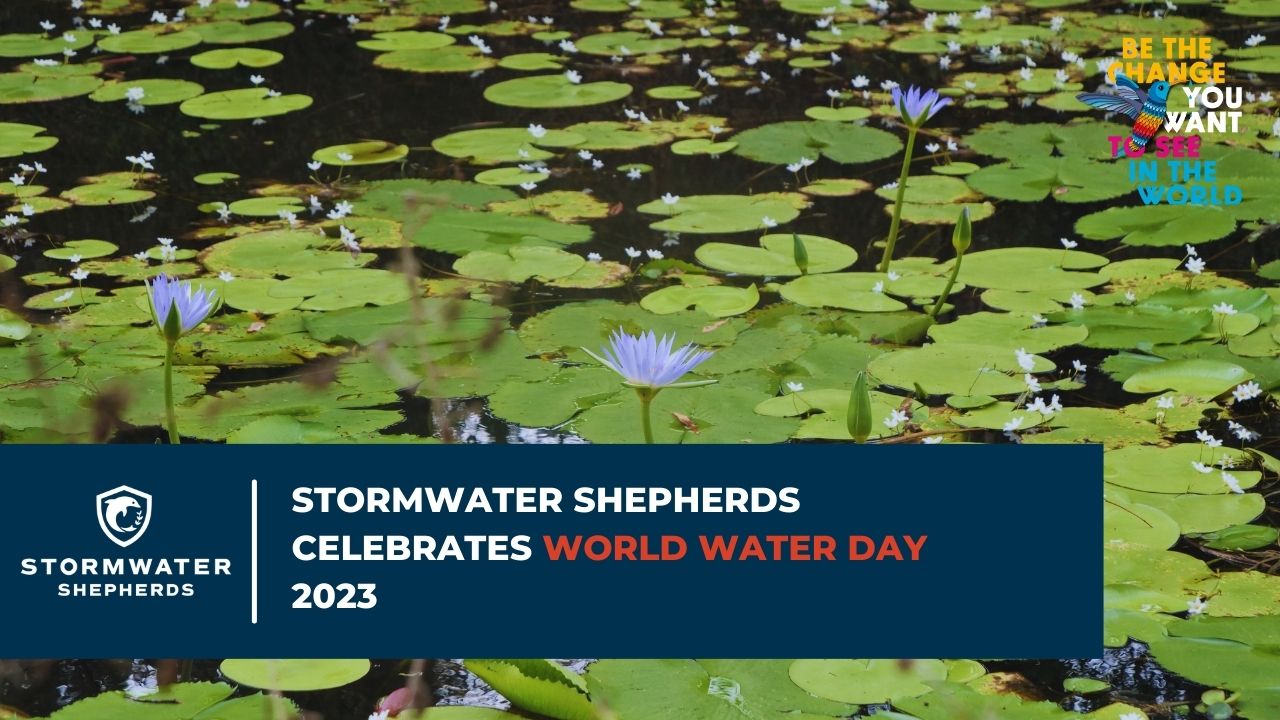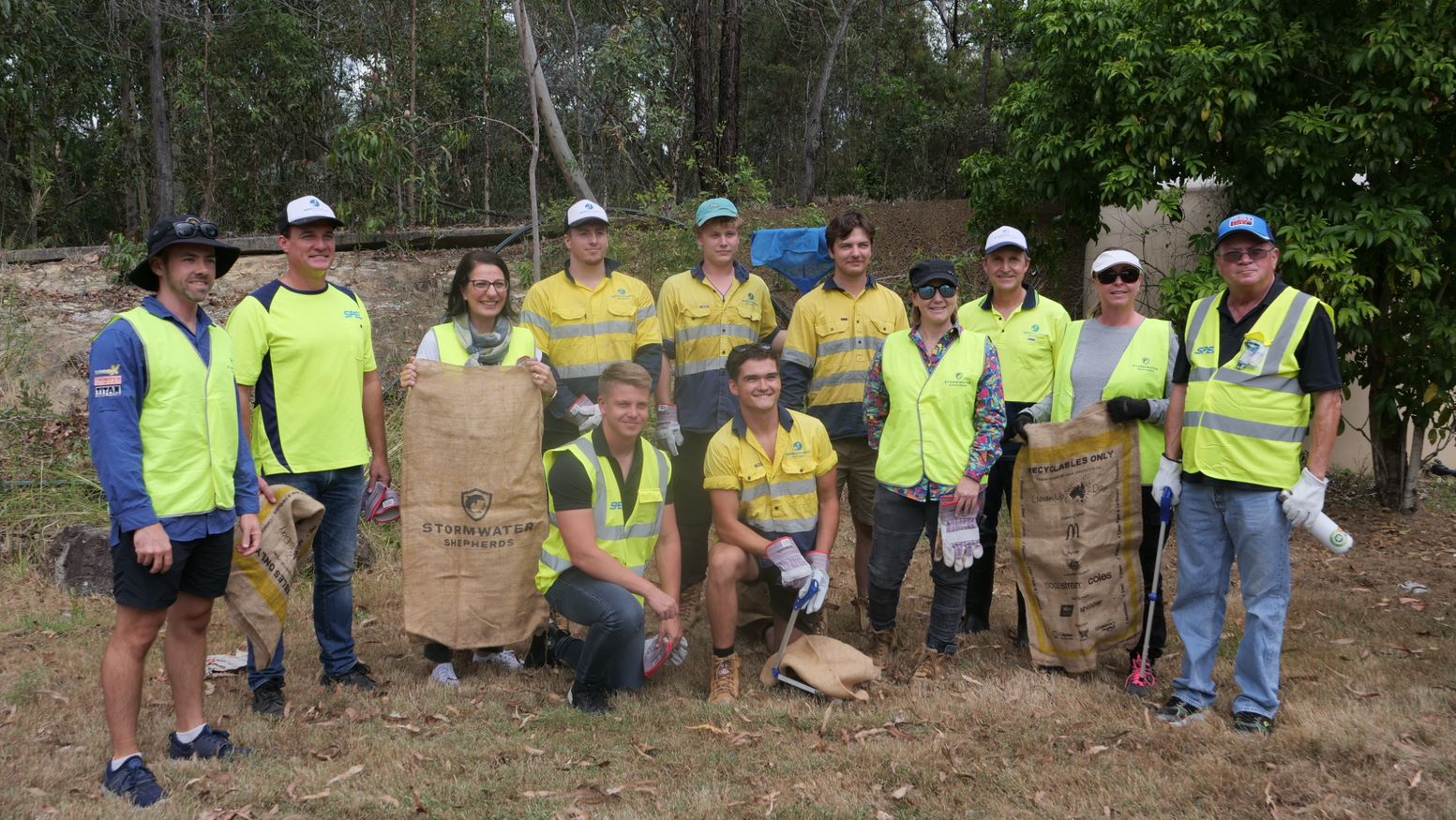Polystyrene Pollution: Yarra River Report
Foamed polystyrene (or styrofoam) is a major component of marine litter and has traditionally been used in food packaging, construction, and consumer goods. It is estimated that Australia consumes 71,000 tonnes of polystyrene annually.
The Yarra Riverkeeper Association has reported millions of pieces of polystyrene polluting Melbourne’s Yarra River and outlined the impacts this pollution has on local ecology in their latest report.
As the most prevalent litter item on the Yarra River, data shows that up to 828 million litter items flow into Port Phillip Bay annually from the Yarra’s surface waters – with up to 74% of these being microplastics, including fragmented polystyrene.
Polystyrene pollution is pervasive and persistent. With high litter loads of macro and micro plastics prevalent across the globe, this pollutant has become a common sight, and its ability to float large distances means that from our waterways, it reaches our wetlands, estuary and ocean ecosystems.
The sources of polystyrene are varied, with reports indicating construction, white goods, market produce industries and manufacturers as major contributors. Large pieces are often disposed of improperly and carried by stormwater. As these disintegrate, the impacts on our environment are catastrophic – leaching chemicals, fragmenting into microplastics, congregating in our water bodies and inevitably being ingested by marine life.
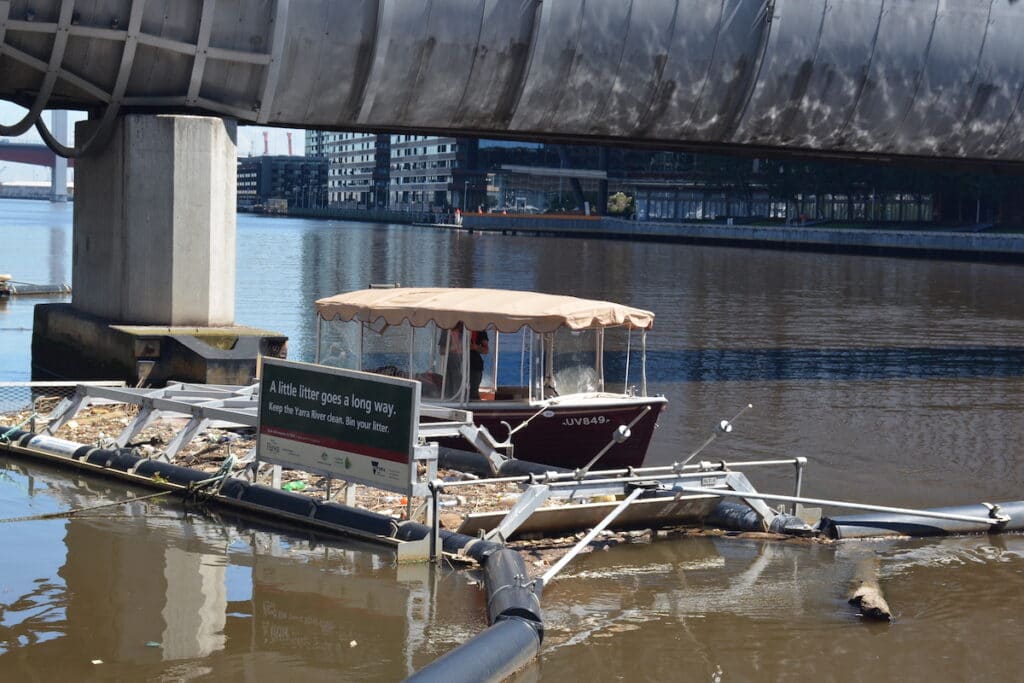
Managing Polystyrene: A National Plastics Plan
While polystyrene is a recyclable product, it is not typically included in residential kerbside collections, and One Planet reports in their study (The Recovery of Expanded Polystyrene in Australia) that only 12.1% of total polystyrene used in Australia is effectively recycled. With large amounts of polystyrene making its way to landfill, the result is plastic waste that not only impacts our local environment, but further pressures our waste systems. It also leaches toxic chemicals into these areas leading to long-term contamination of landfill and groundwater bodies.
In a bid to reduce the impacts of mounting plastic waste, polystyrene will be phased out of Australian markets as a consumer packaging product by mid-2022 under the National Plastics Plan. While this does not catch all polystyrene production and use locally, these changes represent a large shift in policy to stop these substances from reaching our waterways.
We need to work together to establish a plastic-free future and reduce, refuse, and replace when it comes to our over-reliance on plastic products. As consumers, we can choose from alternative products. The Yarra Riverkeeper Association advocates for increased drop-off points and improved waste management plans for polystyrene as we make these transitions to cleaner alternatives.

